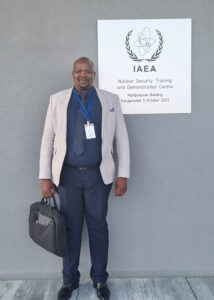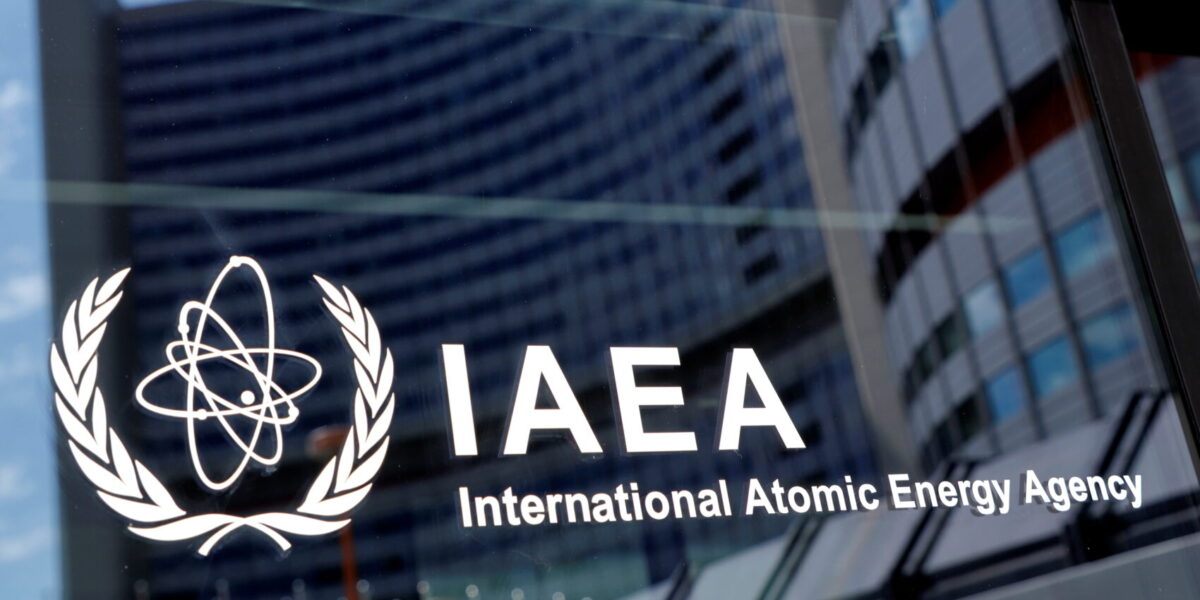Key Points
- NWU partners with IAEA to advance nuclear forensic science capabilities
- Collaboration will develop new nuclear forensics lab for research and training
- Partnership supports South Africa’s efforts to establish national nuclear forensic library

North-West University (NWU) has entered into a new partnership with the International Atomic Energy Agency (IAEA) focused on training students in nuclear forensic science.
Collaboration to Develop New Nuclear Forensics Lab
The collaboration aims to develop a nuclear forensics and nuclear crime scene management laboratory at NWU’s Centre for Applied Radiation Science and Technology in Mahikeng. This facility will enable research, training, and investigative work in nuclear forensics.
Leading the charge as the chief scientific investigator is field expert Dr Tebogo Kupi. Dr Kupi’s extensive experience and knowledge will be instrumental in steering the research project towards its objectives.
Supporting South Africa’s Nuclear Forensic Library
“Since South Africa is embarking on developing and establishing a national nuclear forensic library, this work supports and strengthens these initiatives,” said Dr. Tebogo Kupi.
Key Research Tasks
The research initiative will involve key tasks like:
- Developing procedures for detecting, handling, storing and transporting nuclear materials using instruments like RadEye and Inspector 200.
- Categorizing and characterizing radioactive substances through techniques like mass spectrometry. These processes will make use of sophisticated techniques such as inductively coupled plasma mass spectrometry and gamma spectrometry. Furthermore, the team will develop separation method procedures for materials like uranium, lead, and rare-earth elements.
- Creating teaching materials to train students in nuclear forensic science.
Advancing Global Nuclear Security
“The IAEA has recommended that each of its member states establish a national register of nuclear material and radioactive sources known as the National Nuclear Forensic Libraries,” adds Dr Kupi.
“This will enable the member states to ensure accountability for all nuclear material under their control, and the output of this work can be added to a national nuclear forensics library for reference purposes. Since South Africa is embarking on developing and establishing a national nuclear forensic library, this work supports and strengthens these initiatives. Furthermore, the National Nuclear Forensic Libraries offers a credible assessment of whether nuclear and other radioactive material encountered outside of the regulatory authority is consistent with material produced, used or stored within the state,” says Dr Kupi.
In October, Dr. Kupi participated in an IAEA preparatory meeting in Austria for an upcoming integrated workshop on radiological crime scene management and nuclear forensics.
The NWU-IAEA partnership exemplifies a shared commitment to improving nuclear forensic capabilities and contributing to global security. The new laboratory is expected to significantly advance research and training opportunities in this specialized field.

